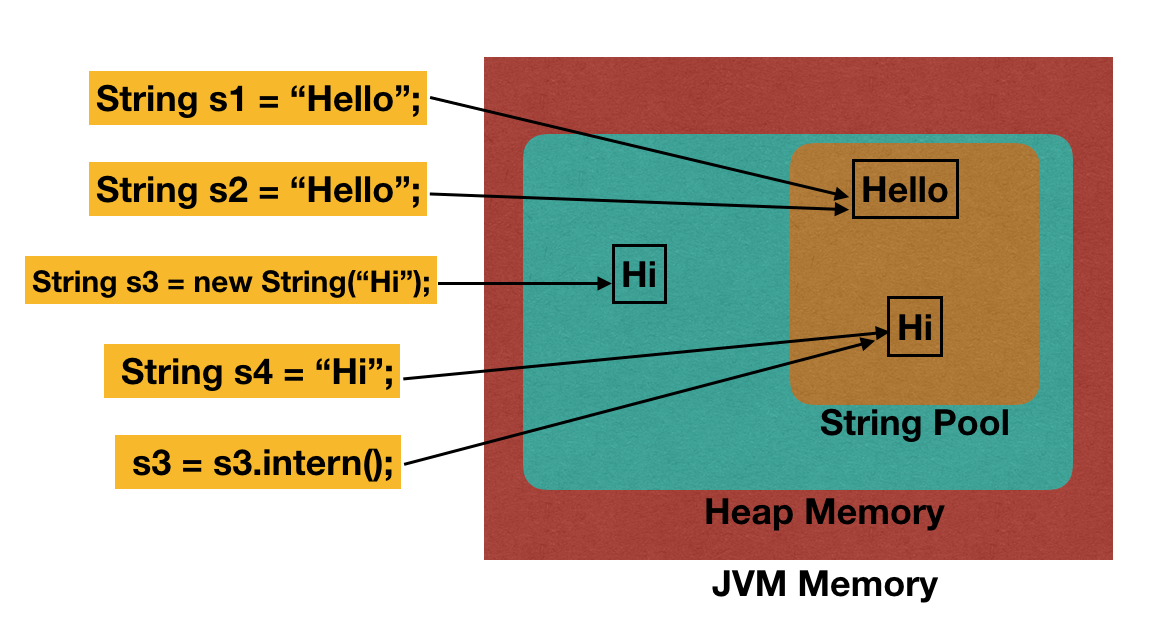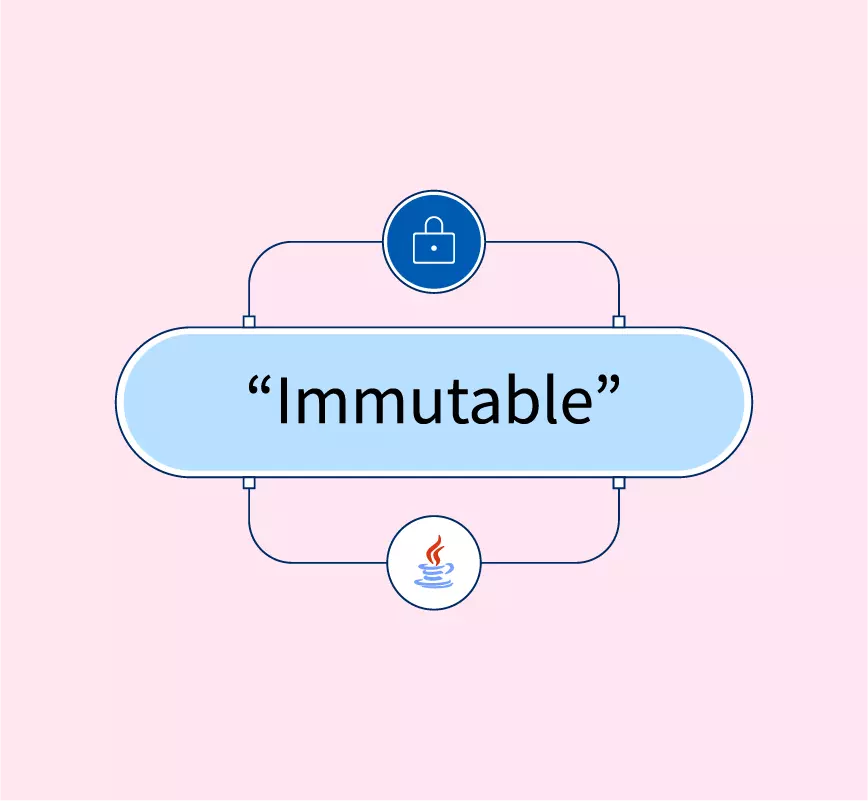Why Are Strings Immutable in Java? Understanding the Core Concepts
Why Are Strings Immutable in Java? Understanding the Core Concepts
Blog Article
The Advancement of Unalterable String Handling: An Essential Element of Software Program Development
In the intricate realm of software program advancement, the handling of immutable strings stands as a cornerstone that has actually undergone considerable advancement in time. From its humble origins to the facility tests encountered in very early executions, the trip of immutable string adjustment has been a critical element of software application engineering. As we navigate via the historic landscape of this basic concept, mapping the advancements, safety implications, and arising fads, we find ourselves at a point where the inherent value of comprehending this advancement comes to be increasingly apparent.
Beginnings of Unalterable Strings
When developers sought to enhance the reliability and safety and security of data handling mechanisms,The idea of unalterable strings traces back to the very early days of programs languages. Unalterable strings refer to strings that can not be altered after they are created. This fundamental idea was introduced to address concerns relating to data integrity and avoid unplanned adjustments to vital info saved as strings.

Furthermore, immutable strings add to boosting the overall protection of software application systems (Why are strings immutable in Java?). By stopping unauthorized events from damaging sensitive string data, immutable strings aid minimize the danger of data breaches and unapproved accessibility to secret information. This fundamental principle proceeds to play a critical duty in modern shows languages and stays a cornerstone of robust and safe and secure software application growth methods
Early Difficulties and Solutions
One of the main obstacles in handling unalterable strings was managing memory effectively. Furthermore, making certain that strings remained unaltered confirmed to be complicated, particularly when numerous components of the codebase needed to access and customize information.
To resolve these challenges, programmers began carrying out information security strategies to protect sensitive details stored in immutable strings. File encryption assisted secure information from unauthorized gain access to and control. Moreover, the intro of hashing formulas offered a way to confirm the stability of unalterable strings by producing special checksums based on their contents. These checksums enabled for quick contrasts to determine if any kind of alterations had actually occurred. By incorporating file encryption and hashing techniques into the handling of unalterable strings, developers significantly enhanced the security and integrity of information within software systems.

Innovations in String Immutability
In software program growth, a significant development in the handling of immutable strings has actually emerged with developments in data file encryption and hashing methods. By this hyperlink employing protected hash formulas like SHA-256 or cryptographic strategies such as AES security, programmers can ensure that sensitive details saved in immutable strings remains safe and secure and tamper-proof. These developments have actually strengthened the stability and confidentiality of information within applications, especially in industries where data safety is critical, such as finance, cybersecurity, and medical care.
Furthermore, developments in string immutability have actually led the way for boosted performance optimization. Unalterable strings enable much more reliable memory management and caching approaches, minimizing the expenses connected with constant string adjustments (Why are strings immutable in Java?). This optimization not only boosts the total responsiveness of software application applications but likewise adds to better scalability and source application
Security Ramifications and Ideal Practices
With the foundation laid by improvements in string immutability, comprehending the protection implications and carrying out ideal practices ends up being critical in guarding sensitive data within software program applications. he said Unalterable strings play an important duty in enhancing protection by preventing unauthorized adjustments to information, making certain information integrity throughout the application's lifecycle. By using unalterable strings, programmers can mitigate common vulnerabilities such as shot attacks, buffer overflows, and data tampering, which are typically made use of by harmful actors to endanger systems.
This consists of encrypting information at remainder and in transportation, carrying out proper accessibility controls, utilizing secure coding techniques, and regularly upgrading software parts to patch recognized vulnerabilities. By including these safety measures and ideal methods right into software application growth processes, companies can much better protect their information properties and reduce the threat of safety and security violations and information leakages.
Future Fads in String Handling
In the middle of the ever-evolving landscape of software program development, the trajectory of string handling is positioned to witness substantial innovations and innovations. Among the vital future trends in string handling is the boosting concentrate on efficiency optimization. As software applications continue to grow in complexity and scale, the effective handling of strings comes to be vital for keeping optimal efficiency. Developers are checking out brand-new formulas and information structures to enhance the speed and performance of string operations.
Furthermore, another trend imminent is the combination of expert system (AI) and machine learning (ML) in string dealing with tasks. AI-powered tools are being developed to automate and streamline different string manipulation procedures, causing boosted efficiency and accuracy in software application advancement operations.
Moreover, there is a growing focus on boosting the protection facets of string managing with advanced file encryption strategies and secure coding techniques. As cyber hazards remain to progress, ensuring the stability and confidentiality of information within strings is coming to be a top priority for programmers. By adopting durable safety actions, such as file encryption at remainder and in transportation, developers can alleviate the threats connected with string manipulation susceptabilities.
Final Thought
Finally, the advancement of unalterable string handling has actually been a crucial element of software growth, beginning with its beginnings to the improvements made in recent years. Early obstacles have actually been dealt with via ingenious solutions, causing improved safety and security practices in managing strings. It is very important for developers to remain upgraded on the most up to he said date fads in string immutability to guarantee the effectiveness and safety of their software applications.
Immutable strings refer to strings that can not be transformed after they are created. Why are strings immutable in Java?. By stopping unapproved parties from meddling with delicate string data, unalterable strings help reduce the threat of information breaches and unapproved access to personal information. By integrating file encryption and hashing approaches into the handling of immutable strings, developers significantly improved the security and reliability of data within software program systems
Unalterable strings permit for extra effective memory monitoring and caching strategies, decreasing the overhead connected with constant string adjustments. Unalterable strings play a vital function in improving safety by protecting against unapproved modifications to information, making certain data integrity throughout the application's lifecycle.
Report this page